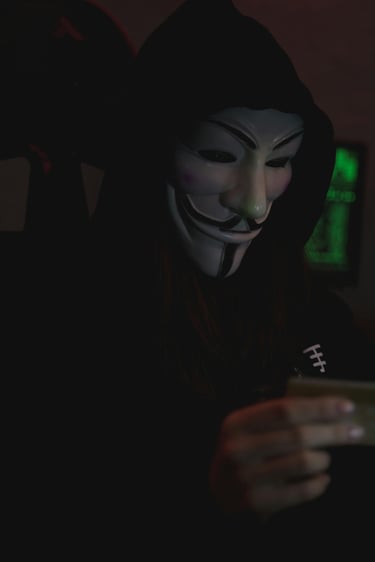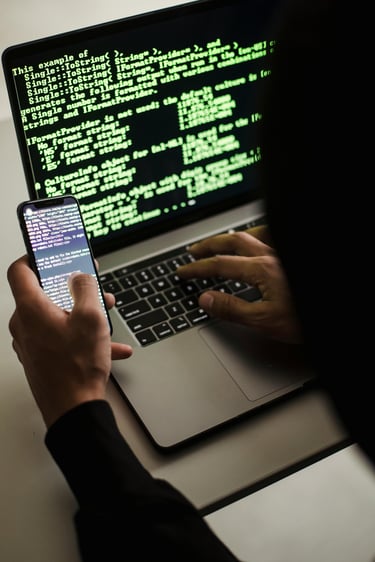🌐 What Is the Dark Web?
Let’s start by understanding the structure of the internet:
Surface Web: The part of the internet most people use daily (Google, YouTube, Facebook). This content is indexed by search engines and easy to access.
Deep Web: Content that is not indexed by search engines, such as medical records, academic databases, or private company intranets.
Dark Web: A small section of the deep web that requires special tools like Tor (The Onion Router) or I2P (Invisible Internet Project) to access. It is hidden from standard browsers for privacy and anonymity.
🕵️♂️ Common Myths About the Dark Web
❌ Myth 1: The dark web is illegal.
✅ Fact: Accessing the dark web is not illegal in most countries. The tools used to browse it (like Tor) were actually created to help protect privacy and free speech. It’s what you do on the dark web that determines legality.
❌ Myth 2: The dark web is only for criminals.
✅ Fact: The dark web hosts not only illegal marketplaces but also:
Whistleblowing platforms (e.g. SecureDrop)
Private communication forums for activists
Libraries and data archives in censored regions
❌ Myth 3: The dark web guarantees total anonymity.
✅ Fact: While dark web tools increase privacy, they are not perfect. Law enforcement agencies have successfully tracked and shut down illegal sites. Users who engage in crime can be caught.
⚖️ Legal Uses vs Illegal Uses
✅ Legal Uses of the Dark Web:
Protecting privacy and identity online
Bypassing censorship in authoritarian countries
Safely sharing sensitive information (e.g., for journalists)
Participating in anonymous forums for free expression
❌ Illegal Uses of the Dark Web:
Selling drugs, weapons, or stolen data
Engaging in hacking-for-hire services
Distributing illegal media
Money laundering and fraud
👉 Important: The dark web is no different from the surface web in this respect — committing crimes online is still illegal, regardless of where you do it.
🛡 How to Explore the Dark Web Safely (For Legal Purposes)
If you are curious about the dark web for research, activism, or privacy:
Always use a VPN with Tor for additional protection.
Never share personal information.
Be cautious with links — many may lead to dangerous or illegal sites.
Stick to legal directories and hidden services with a legitimate purpose.
🌟 Conclusion
The dark web is not just a hub for crime — it is a powerful tool for privacy, free speech, and secure communication. While illegal activities do occur there, the dark web also offers critical support to journalists, activists, and citizens living under repressive regimes.
As with any technology, it’s not the tool that defines legality — it’s how you use it.
🚀 What’s Next?
Stay tuned for our upcoming blogs:
✅ A beginner’s guide to Tor and safe browsing
✅ How law enforcement tracks illegal activities on the dark web
✅ The role of the dark web in modern journalism
👉 Tip: If you plan to explore the dark web, always prioritize safety and stay within the boundaries of the law.






